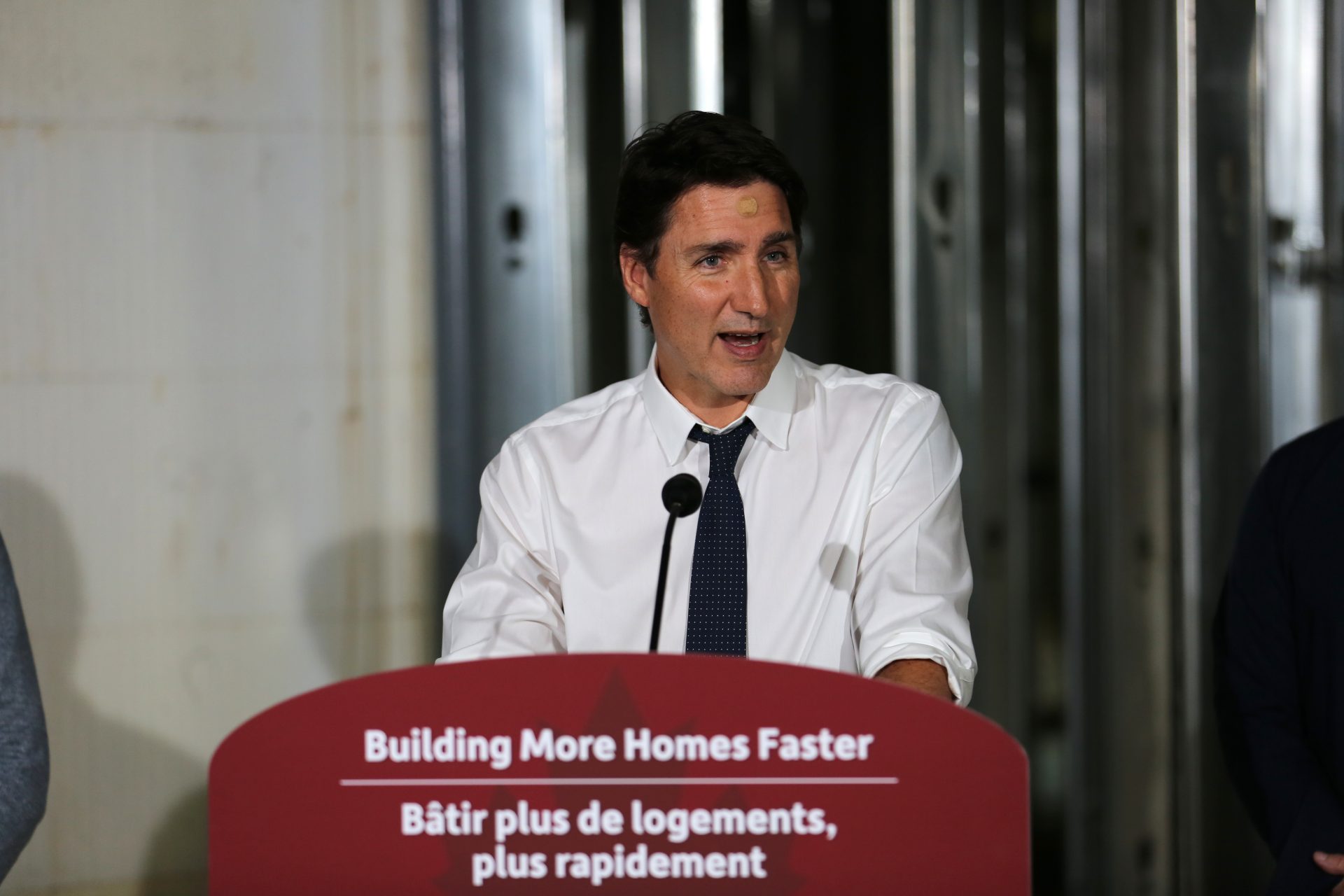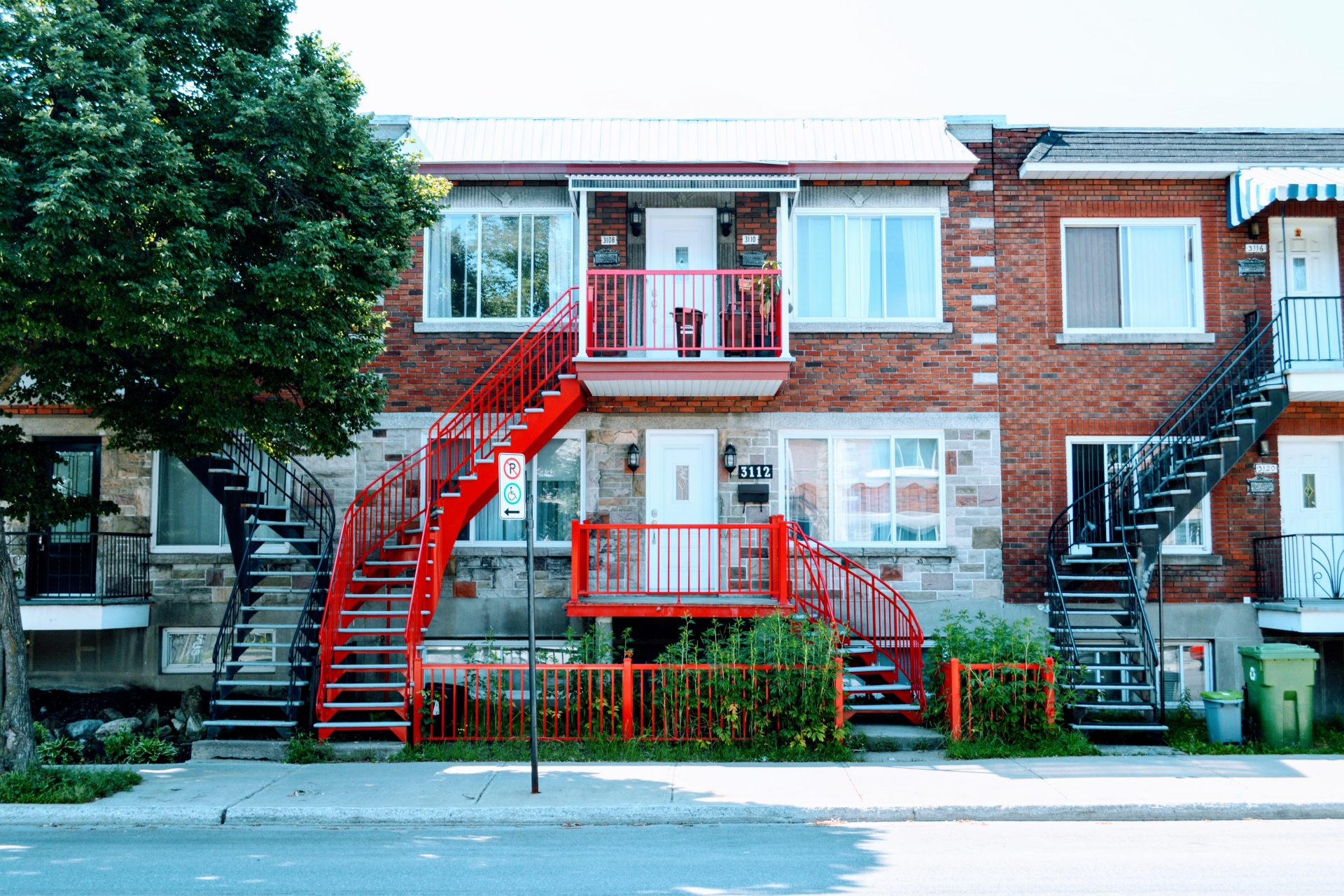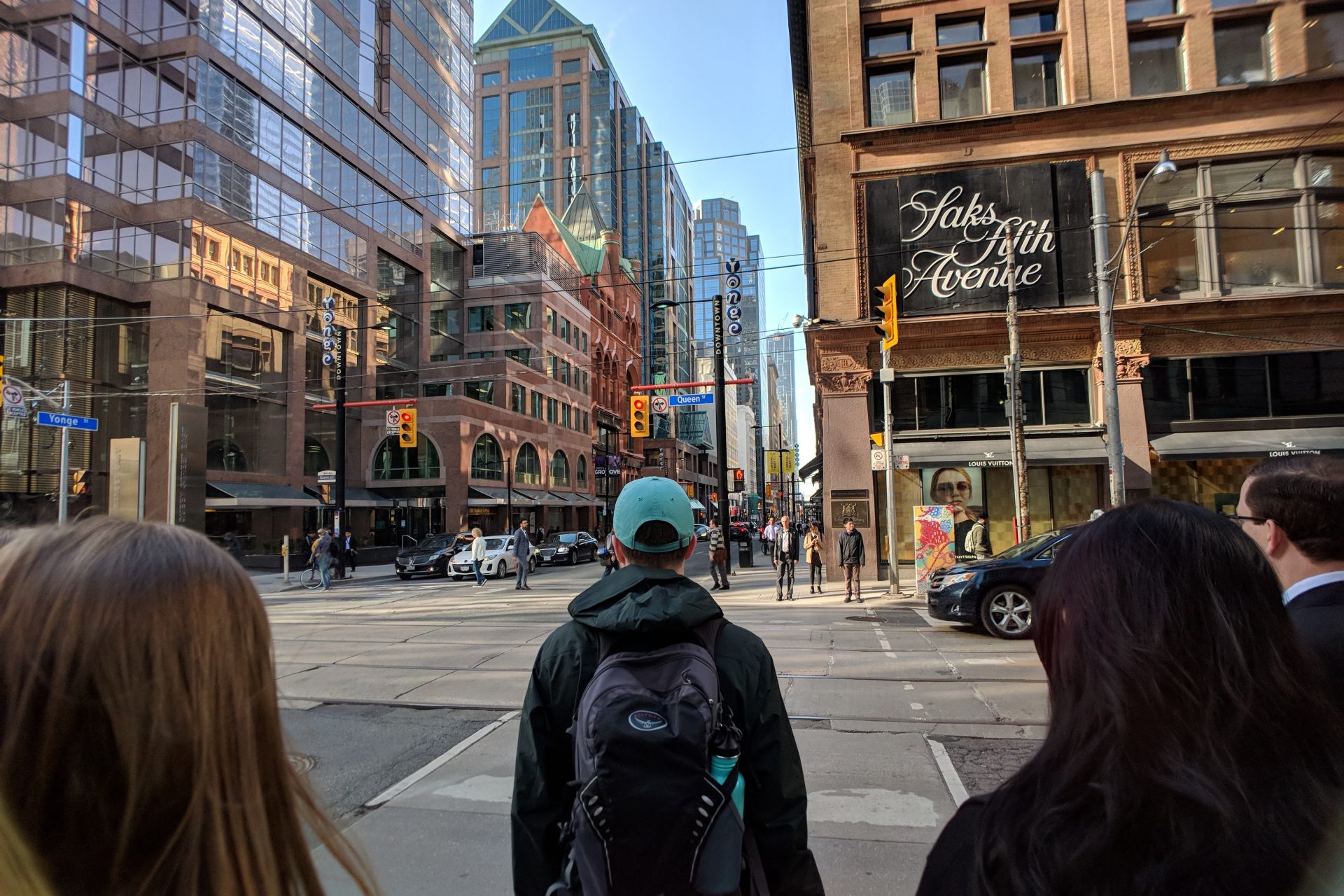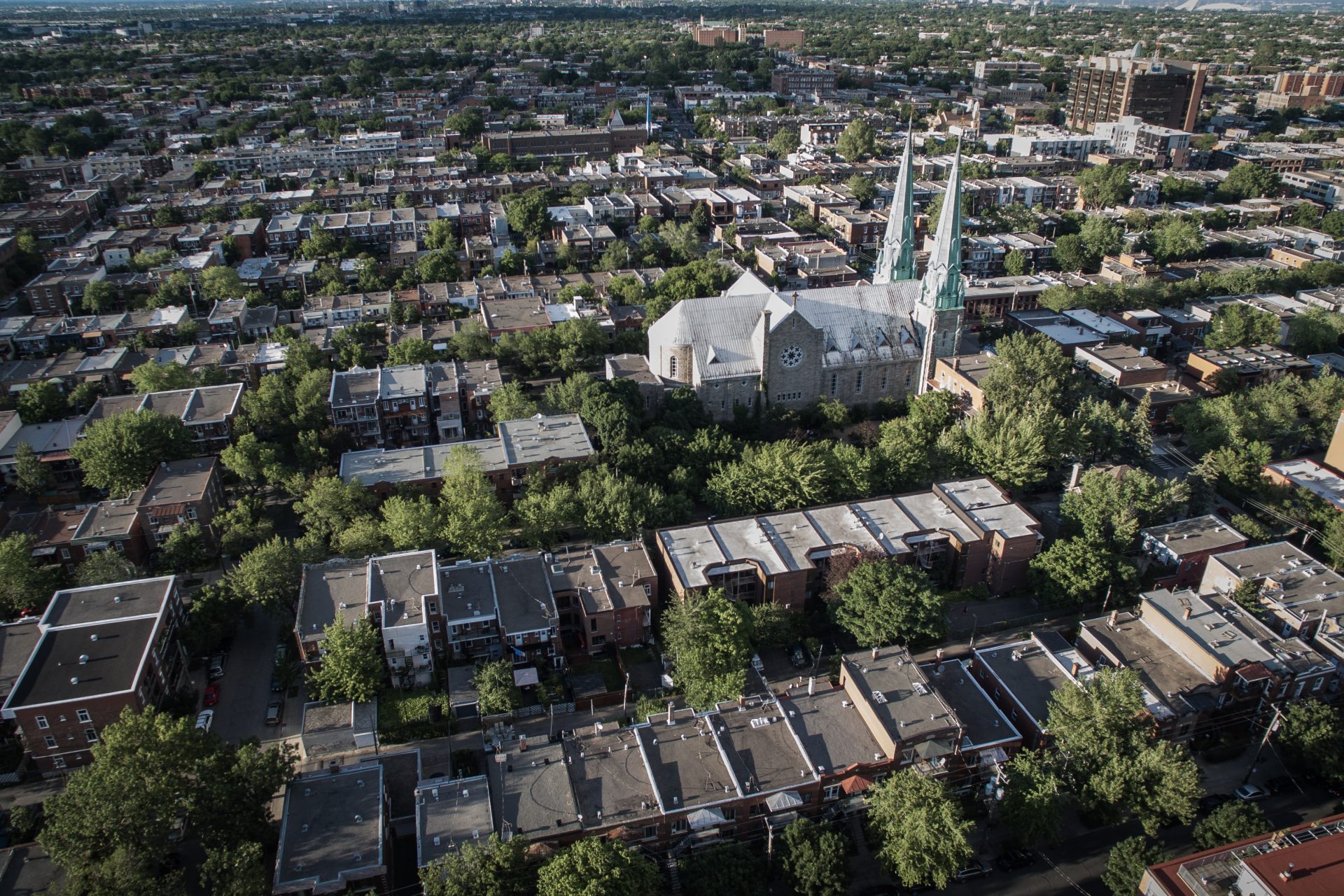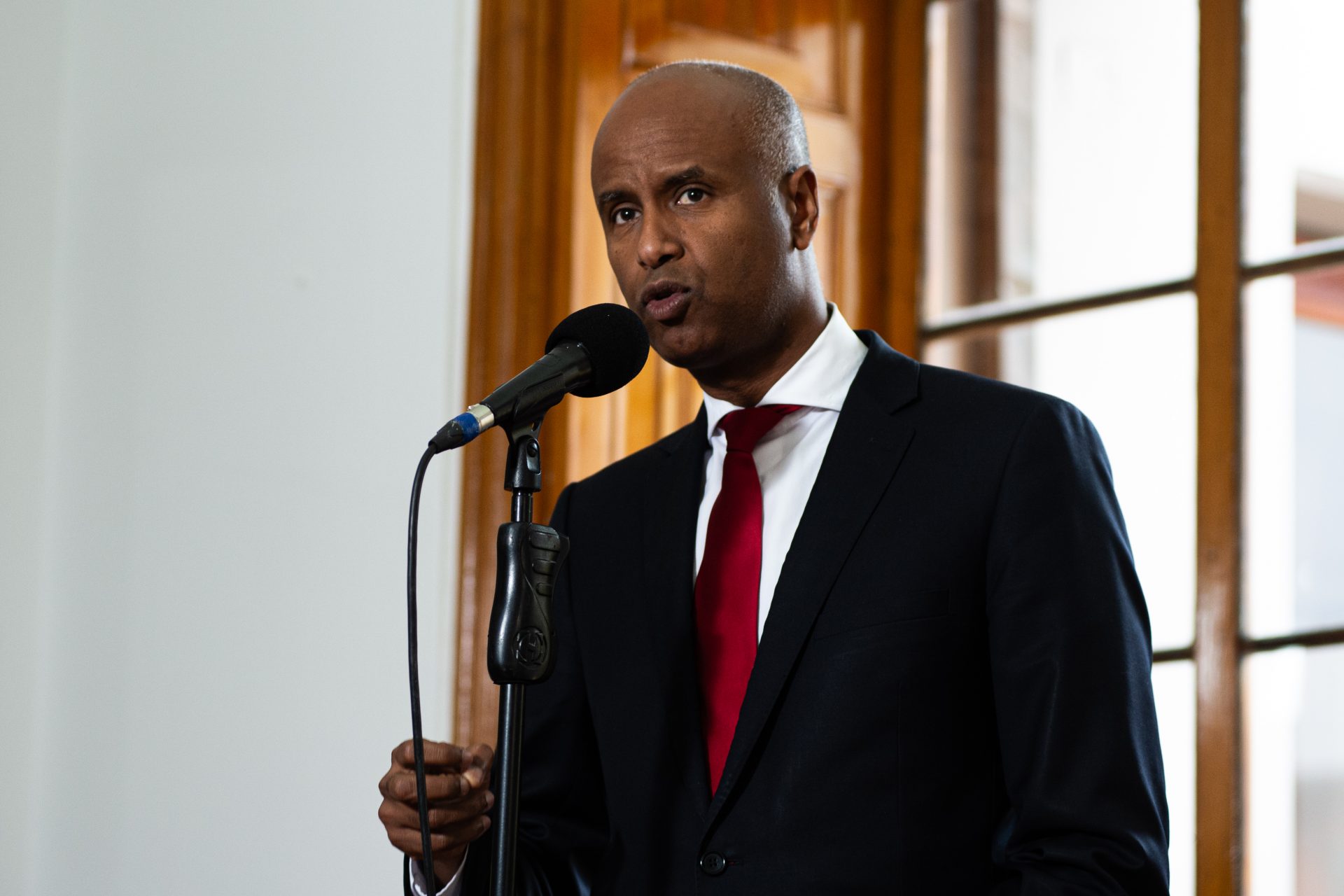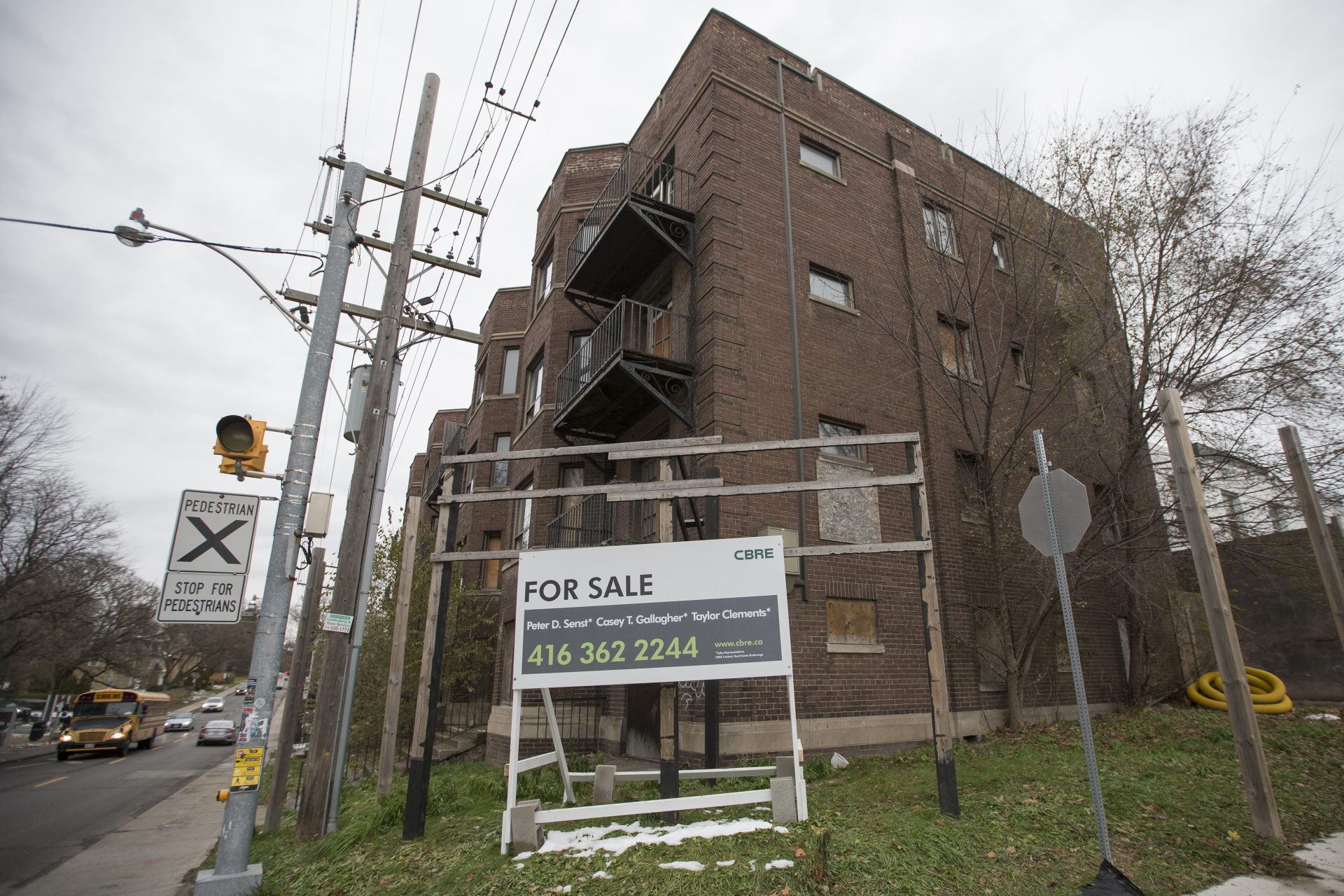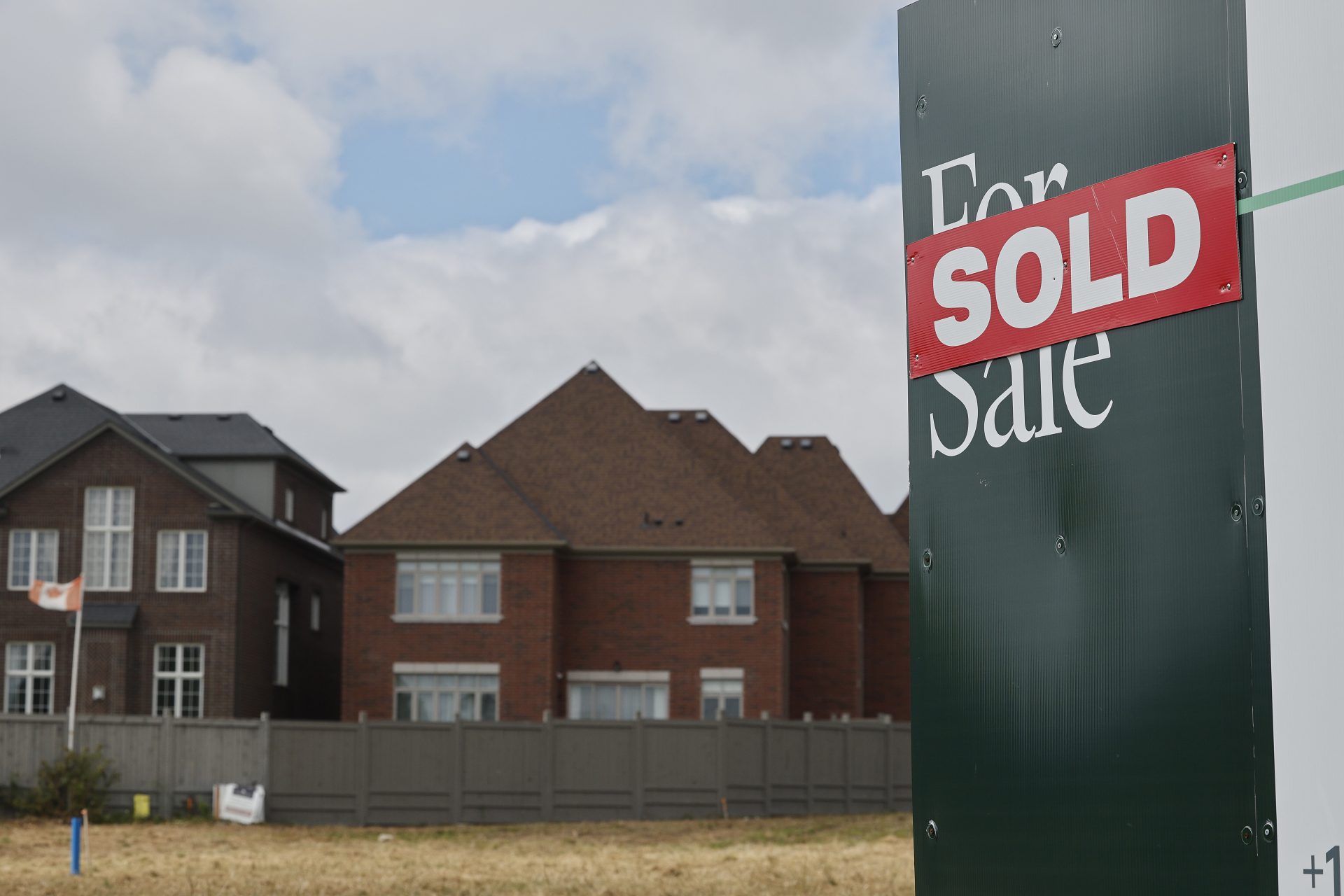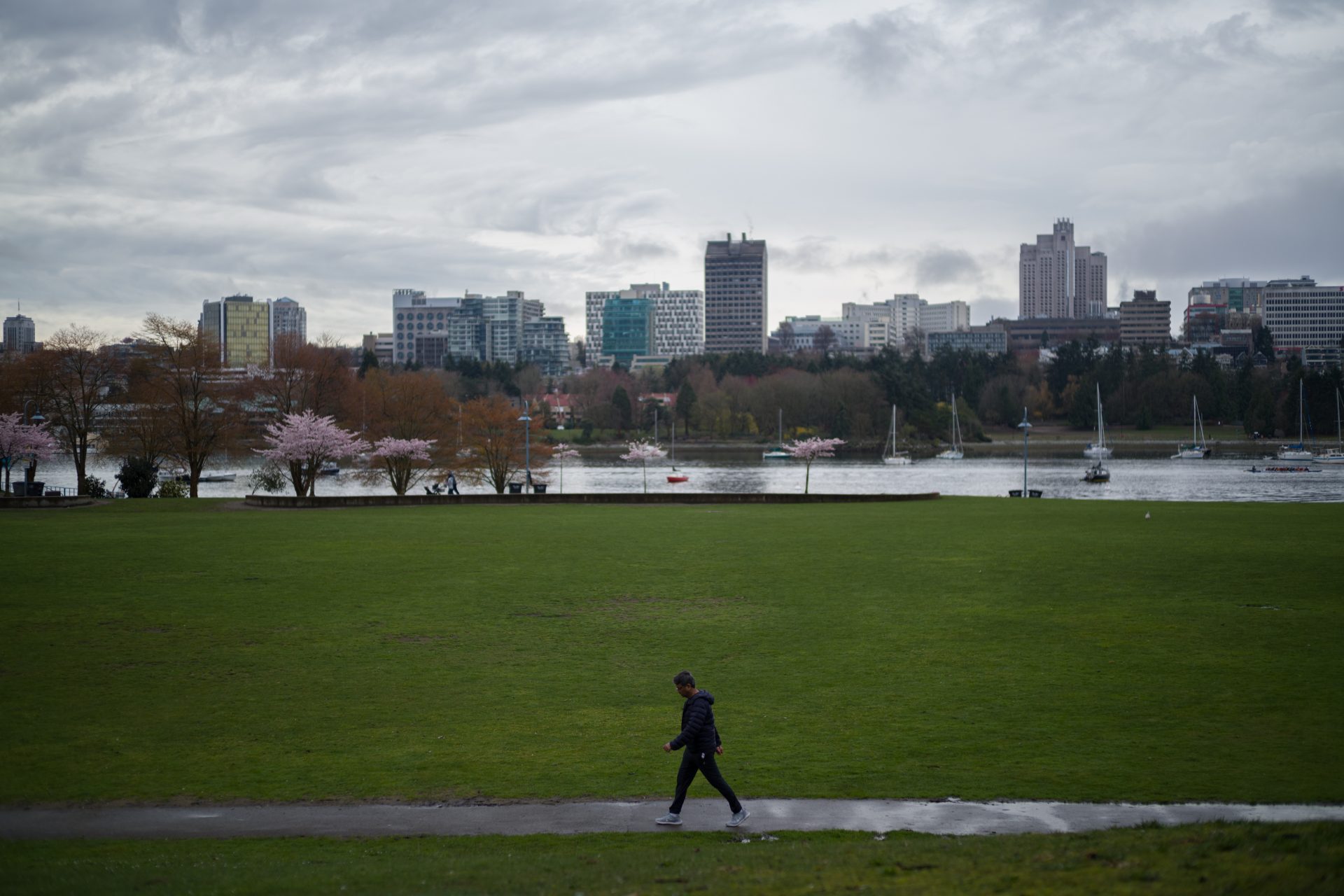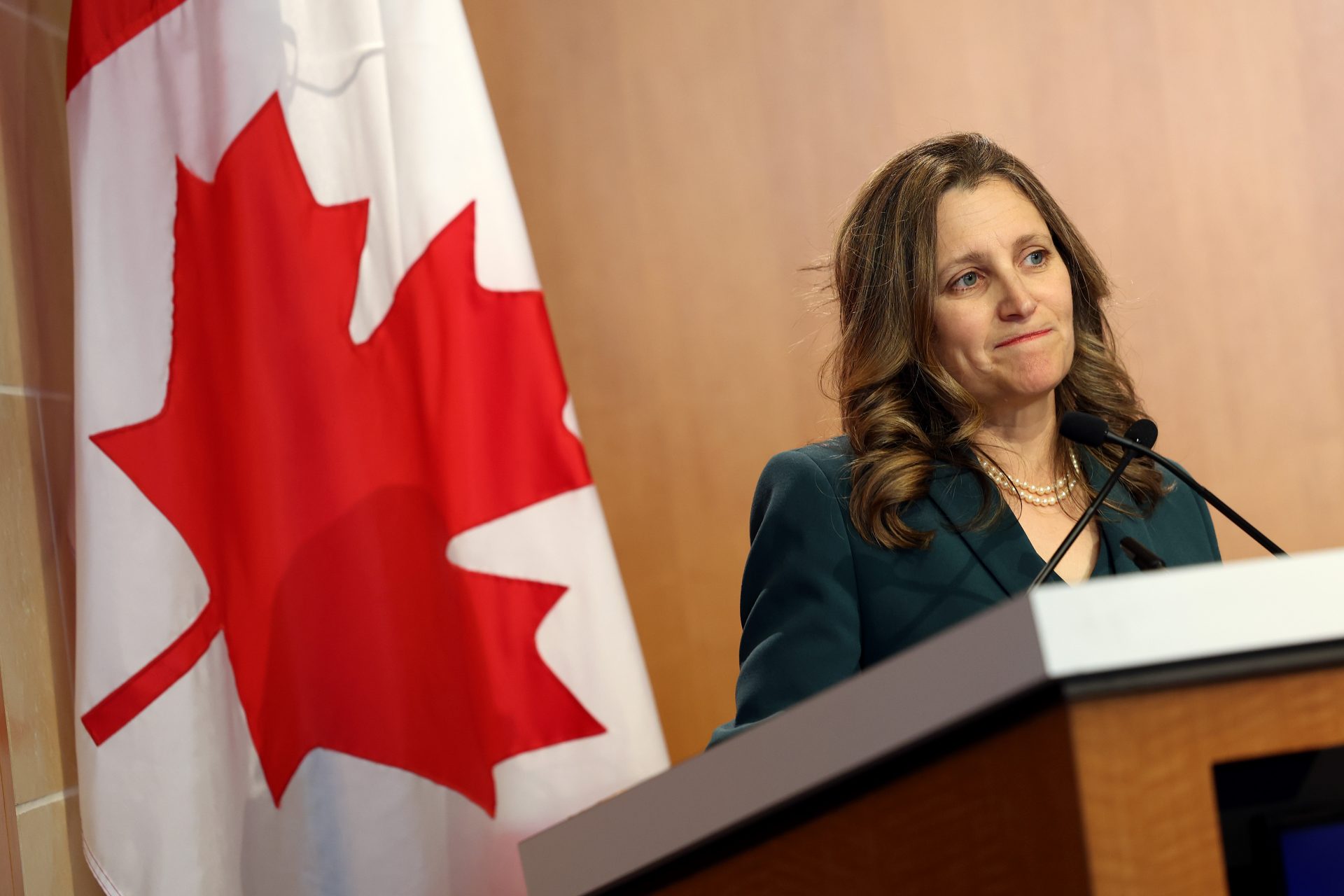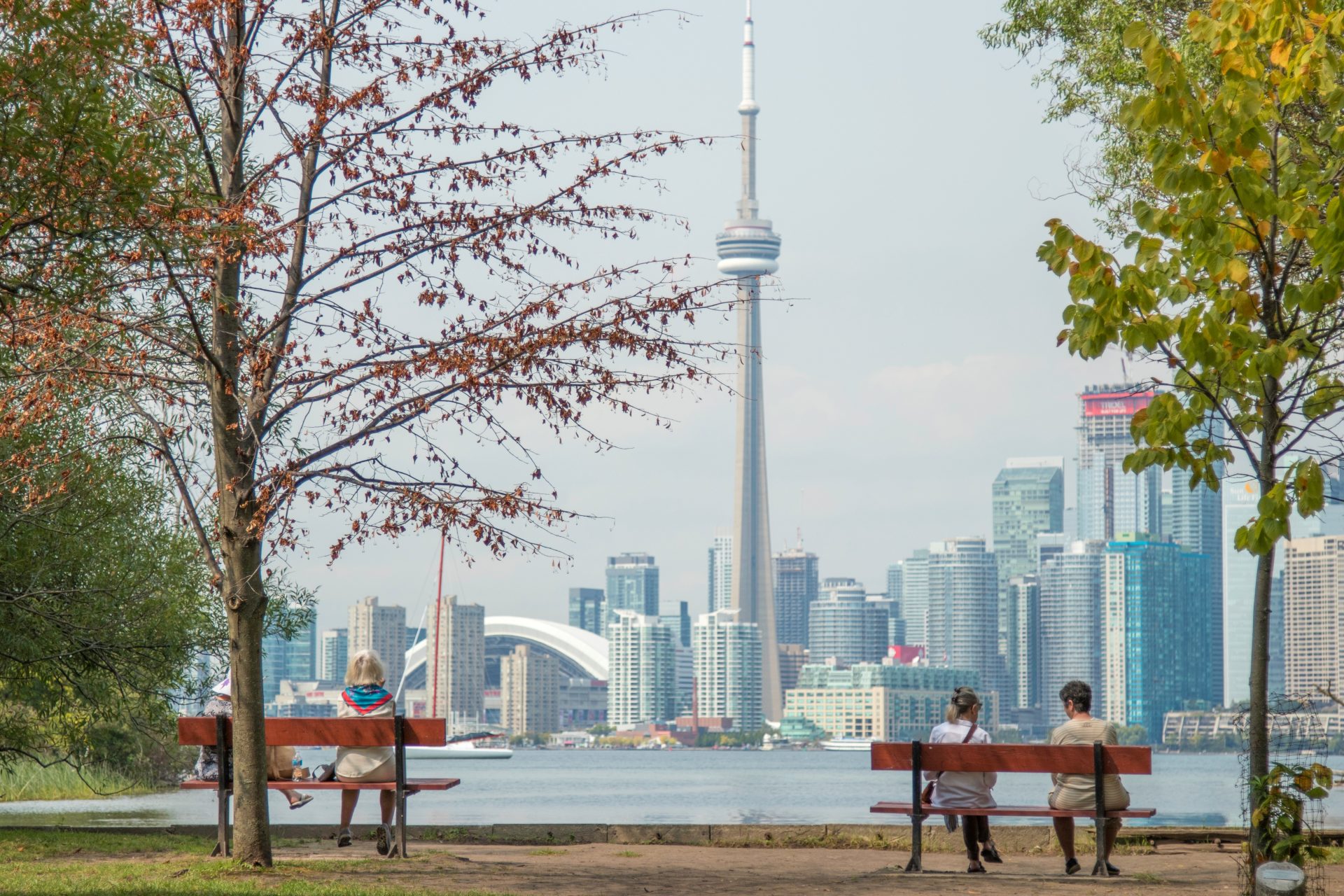Has Canada’s ban on foreign buyers helped its housing market?
It has been one year since Canada imposed a two-year ban on the purchase of homes by foreign buyers. But has the measure helped to bring down the price of homes in the country? Here’s what happened after the ban went live.
The Prohibition on the Purchase of Residential Property by Non-Canadians Act was an extremely lofty attempt by the federal government to reign in the price of housing in the country but it hasn’t been as effective as you might think.
The two-year ban was meant to bar foreign buyers and foreign companies from buying up residential property in Canada, but it began with a lot of flaws. For example, the law was limited to residential property and three-unit dwellings.
The new restrictions on foreign buyers didn’t ban four-unit dwelling buildings or anything larger according to the Canadian Mortgage and Housing Corporation, Canada’s national housing agency, noted in an overview of the ban.
Photo by Robert Macleod on Unsplash
Semi-detached houses and condominiums were included in the ban but non-Canadians were allowed to purchase properties outside of Census Metropolitan Areas and Census Agglomerations. Here’s why that was a problem for buyers.
Photo by Akshay Chauhan on Unsplash
Areas that didn’t have a total population of at least 100,000 people with 50,000 of those individuals living in the area’s core could be purchased by foreign buyers. Properties in areas with less than 10,000 people were also up for grabs.
Photo by Jp Valery on Unsplash
Moreover, key exceptions were also included in the act that allowed non-Canadians to purchase residential property. Temporary residents studying in Canada would be allowed to purchase property as well as refugees and those of foreign missions.
“Through this legislation,” then-Housing Minister Ahmed Hussein explained before the ban was enacted, “we’re taking action to ensure that housing is owned by Canadians, for the benefit of everyone who lives in this country.”
More exemptions were added in March 2023. Global News noted that permanent work permit holders and those authorized to work in Canada could buy a home. Restrictions on vacant land for mixed-use development were removed.
The average Canadian home sold one month before the foreign home buyers legislation went into effect sat at $626,318 according to data that was published by the Canadian Real Estate Association and reported on by CBC News.
After one year of no foreign buyers in the market, little has changed. The average price of a home in November 2023 sold for $646,132, which was up 2% from the cost in November 2022 the Canadian Real Estate Association reported.
Photo by Dillon Kydd on Unsplash
"There's all of these very luxurious buildings going on all around us that are outrageously priced," Kris Wallace, a prospective homebuyer in Vancouver, told CBC News about his situation. "The foreign buyers tax … I don't think that's making an iota of difference."
Photo by Matt Hanns Schroeter on Unsplash
Whether or not Wallace’s assessment is correct is difficult to know. Data from 2023 that is compiled by the Canadian Mortgage and Housing Corporation is not yet available for analysis to sort out if the ban has been helpful.
However, in November, Deputy Prime Minister Chrystia Freeland said that the ban on foreign buyers was “making a difference." However, some would disagree with Freeland’s comments that banning foreign buyers helped.
"There were so many exemptions to the foreign buyer ban that it really didn't make any difference at all," Tim Sabitov of Team 3000 Realty told CBC News. However, the legislation may not have been set up for success in the first place.
In November, Global News revealed the foreign homebuyers ban was only ever meant to impact roughly two percent of housing purchases according to discussions inside of the Canadian Mortgage Housing Company.
Re/Max Canada President Christopher Alexander told Global News that given all the loopholes foreign buyers were provided, he assessed that the government's legislation “had little to no effect” on the housing market.
Photo by Sandro Schuh on Unsplash
“Two percent is not enough to make a monumental impact positively or negatively on any given market,” Alexander added, which may explain why the average cost of a home in Canada has remained unchanged over the last year.
Photo by Dillon Kydd on Unsplash
More for you
Top Stories





